Bitcoin Transaction
Bitcoin Transaction
Understanding a Bitcoin Transaction
Let's delve into the crux of the matter: what exactly is a Bitcoin Transaction? In its essence, a Bitcoin transaction records the transfer of Bitcoin, the famous digital currency, from one party to another. This transfer occurs within the Bitcoin network and is a vital part of the Bitcoin mining process.
Components of a Bitcoin Transaction
Every Bitcoin Transaction consists of at least three key components: Input, Amount, and Output.
Input denotes where the Bitcoin is coming from. It's typically the address of the sender, derived from the transaction where the sender received the Bitcoin. The Amount refers to the number of Bitcoins being sent in the transaction. The Output, on the other hand, is the address to which the Bitcoin is being sent, i.e., the recipient's address.
Bitcoin Transaction in the Context of Bitcoin Mining
A Bitcoin Transaction is an integral factor in Bitcoin Mining. Miners validate new transactions and record them on a global ledger, known as the blockchain. Their role is to confirm these transactions to ensure the integrity of the Bitcoin network.
Once a miner has verified a Bitcoin Transaction, they add it to a block. Each block contains a certain number of transactions. After adding the transaction, the miner works to solve a complex mathematical problem related to the block – the process known as Proof of Work. Once they solve the problem, the block is added to the blockchain, and the miner is rewarded with newly minted Bitcoins and transaction fees.
The Importance of Bitcoin Transactions
Bitcoin Transactions are the lifeblood of the Bitcoin network. They facilitate the transfer of this digital currency globally, making it possible for users to send and receive Bitcoins.
Moreover, these transactions give value to Bitcoin mining. By participating in the mining process, miners help keep the transaction data safe from fraud. For their work, miners earn Bitcoins, making transactions not only vital for users but also a source of income for miners.
In Conclusion
So, to wrap things up, a Bitcoin Transaction is not just a simple transfer of the digital currency. It's an essential component of the Bitcoin ecosystem, fuelling the Bitcoin mining process and maintaining the security of this decentralized network.
Blog Posts with the term: Bitcoin Transaction

Cloud mining allows individuals to lease processing power from remote data centers for cryptocurrency mining, offering convenience and lower upfront costs but potentially reduced earnings and risks of scams. Hardware mining involves owning equipment with greater control and profit potential...

XRP, created by Ripple Labs in 2012, is designed for fast and cost-effective cross-border transactions using a semi-centralized ledger maintained by independent validator nodes. Unlike Bitcoin and Ethereum, XRP cannot be mined as all its tokens were pre-mined at inception;...

The article discusses the impact of quantum computing on Bitcoin mining. It explains the principles of both quantum computing and Bitcoin mining separately, and then explores how quantum computing can enhance the efficiency and speed of Bitcoin mining while also...

Bitcoin mining in Germany is legal and considered a private money production. The country's mining landscape is thriving, with various mining farms and communities, and companies like Northern Bitcoin AG are leading the way in sustainable and advanced mining operations....
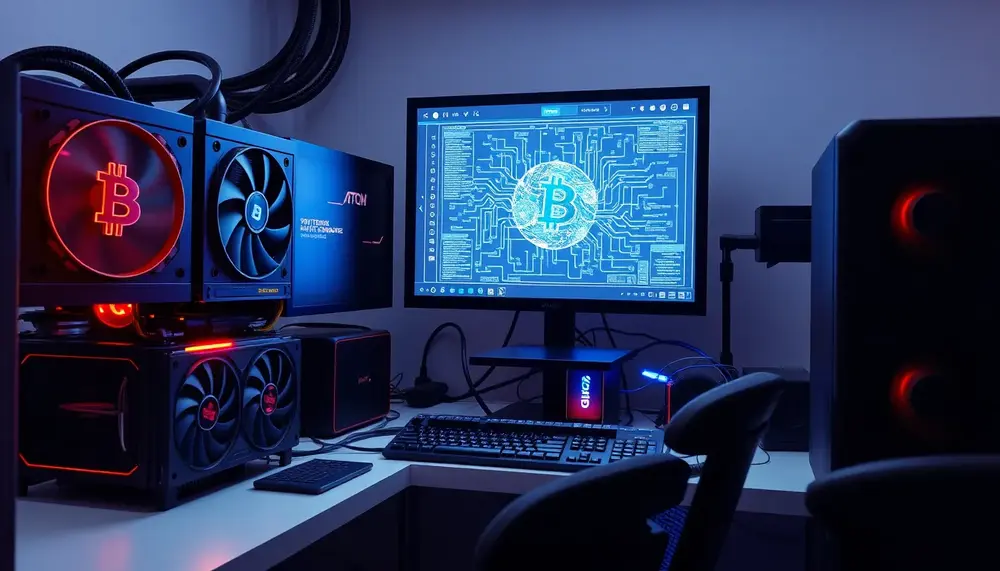
Bitcoin mining is the process of adding new transactions to the Bitcoin blockchain by solving complex puzzles, which ensures transaction verification and network security while rewarding miners with Bitcoins. Miners play a crucial role in maintaining the integrity of the...
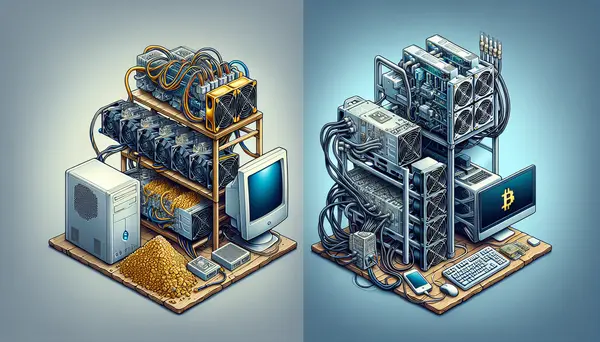
This article discusses the evolution of Bitcoin mining from its early days using CPUs to the current use of specialized hardware known as ASICs. It explores the pros and cons of each stage of evolution and the impact it has...
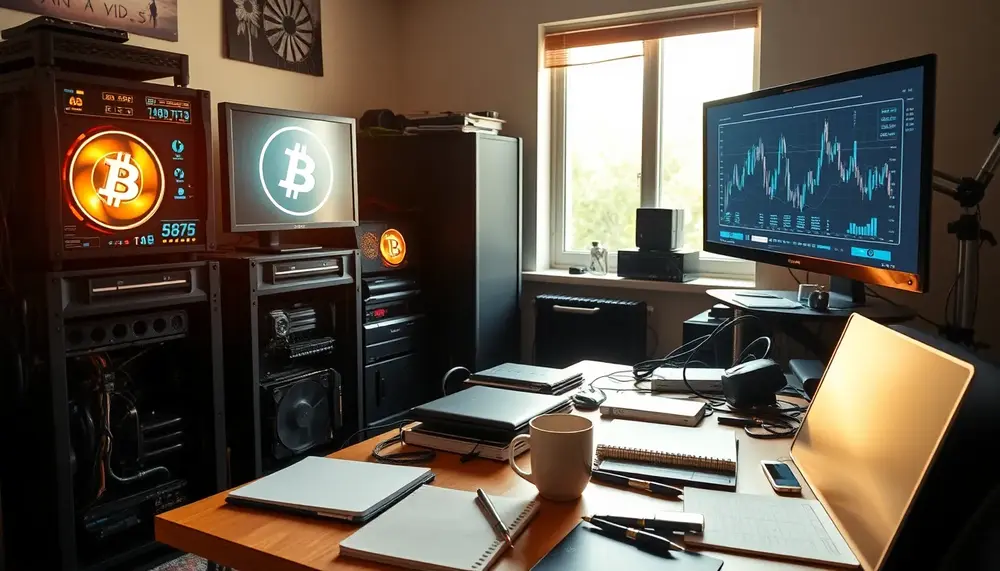
In DayZ, Bitcoin mining serves as a survival strategy where players convert virtual resources into in-game currency by managing equipment and trading strategically. Essential gear like PCs, PSUs, and GPUs are crucial for successful mining sessions that can significantly enhance...
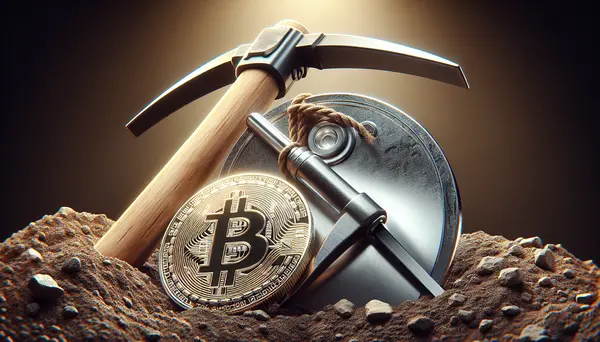
Bitcoin mining is often surrounded by myths and misconceptions, including beliefs that it consumes massive amounts of energy, is easy to profit from, and is not environmentally sustainable. In reality, Bitcoin mining encourages the use of renewable energy, is difficult...
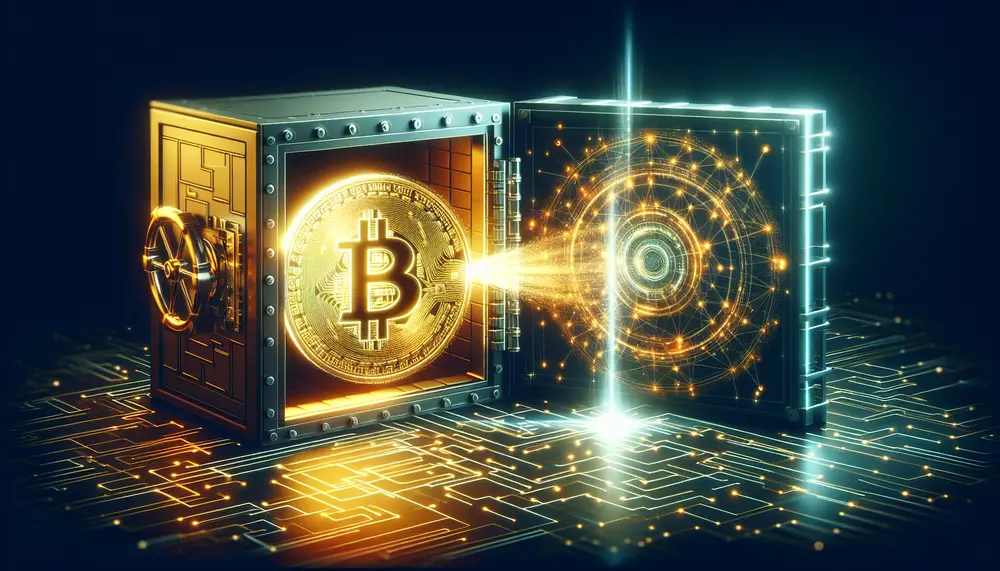
XRP, created by Ripple Labs in 2012, uses the Ripple Protocol Consensus Algorithm (RPCA) instead of traditional mining to validate transactions quickly and efficiently with low energy consumption. Unlike Bitcoin's proof-of-work system, XRP relies on trusted validator nodes that achieve...

XRP, launched in 2012 to facilitate fast and low-cost international payments, remains a top cryptocurrency despite regulatory challenges; its future value will be influenced by factors such as market sentiment, technological advancements, supply-demand dynamics, economic conditions, and media influence. Expert...

Bitcoin mining involves solving complex puzzles to earn rewards, which consist of newly minted bitcoins and transaction fees; these incentives ensure network security and functionality. The block reward system is designed with halving events that reduce the number of new...
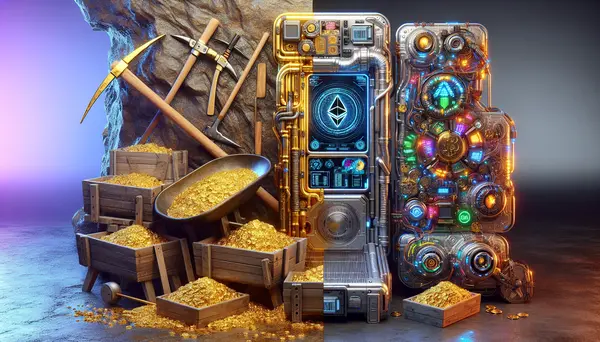
Cryptocurrency mining, including Bitcoin and Ethereum, involves verifying transactions between users and adding them to the blockchain. While both use a Proof-of-Work consensus mechanism requiring significant computational power and energy consumption, they differ in their mining algorithms; Bitcoin uses SHA-256...

Bitcoin mining has become a competitive global industry, and this article explores the distribution of miners around the world. It discusses the key players in Bitcoin mining, the geographical hotspots for mining, and the impact of mining on the Bitcoin...

Bitcoin mining involves using powerful computers to solve complex problems, rewarding miners with new Bitcoins and transaction fees while securing the network; however, these rewards decrease over time due to halving events that occur approximately every four years, reducing Bitcoin...

